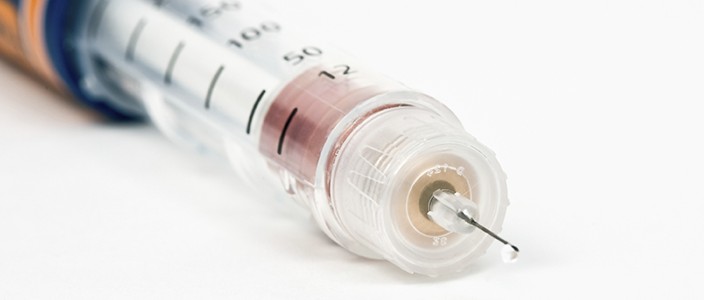There was a time when, like many people with type 1 diabetes, Gina Marchini thought that a cure would never be developed. Endless insulin injections and constant vigilance over her blood glucose levels seemed inevitable. But now, 24 years after her diagnosis, Marchini’s blood sugar levels have returned to the non-diabetic range.
“I thought diabetes was a life sentence,” said Marchini. “Now, I’m insulin-free.”
Marchini’s responsible transformation is the result of a pioneering islet cell transplant trial from City of Hope, a non-profit research centre in California. It’s cutting edge stuff – the results of the trial are yet to be written up – but there’s already evidence that it could make a difference.
“I thought there was no way around it without my insulin shots, but now, after checking my blood sugar levels every two hours for days on end with results in the non-diabetic range, I’m starting to believe I’m free.”
The new trial builds on similar ones conducted at City of Hope, some of which have been highly successful in their own right. A previous study found that 60 per cent of patients were able to produce enough insulin on their own to need no insulin injections for up to five years after the transplant. Even those who still needed to inject found it easier to control their blood glucose as a result of the treatment.
Gina’s new independent insulin production isn’t perfect: she has to take immunosuppressant drugs orally every 12 hours, but in her view it’s a preferable alternative to insulin. The effects of immunosuppressant drugs are both positive and negative. While they do counter the damaging effects of an autoimmune disease, they also impair the ability of the immune system to do good things, like fight infection.
“The immune-suppression strategy used in this trial is considered a significant improvement over the protocol used in the previous islet cells transplant trials, because under this new protocol, which includes an ATG (antithymoglobbulin) induction, the immune system will not harm the transplant,” said Fouad Kandeel, MD, PhD, chair of the Department of Clinical Diabetes, Endocrinology & Metabolism at City of Hope.
Marchini, a 33-year-old teacher from Alaska, doesn’t know if she’ll ever need to take insulin injections again. She hopes not. But even if she does, she’s still inspired by the progress she’s seen since being diagnosed all that time ago. If nothing else, the transplant has given her hope.
“I want all diabetics to know that the disease – and the struggles it brings – is not forgotten, and exciting research toward a cure is being done right now. It feels like diabetes is a disease that is very misunderstood and often overlooked, but curing this awful disease is a priority at City of Hope,” said Marchini.
“I truly believe that one day we will all be able to say that we used to have diabetes.”



